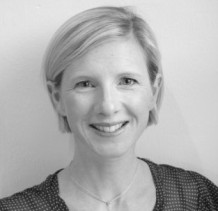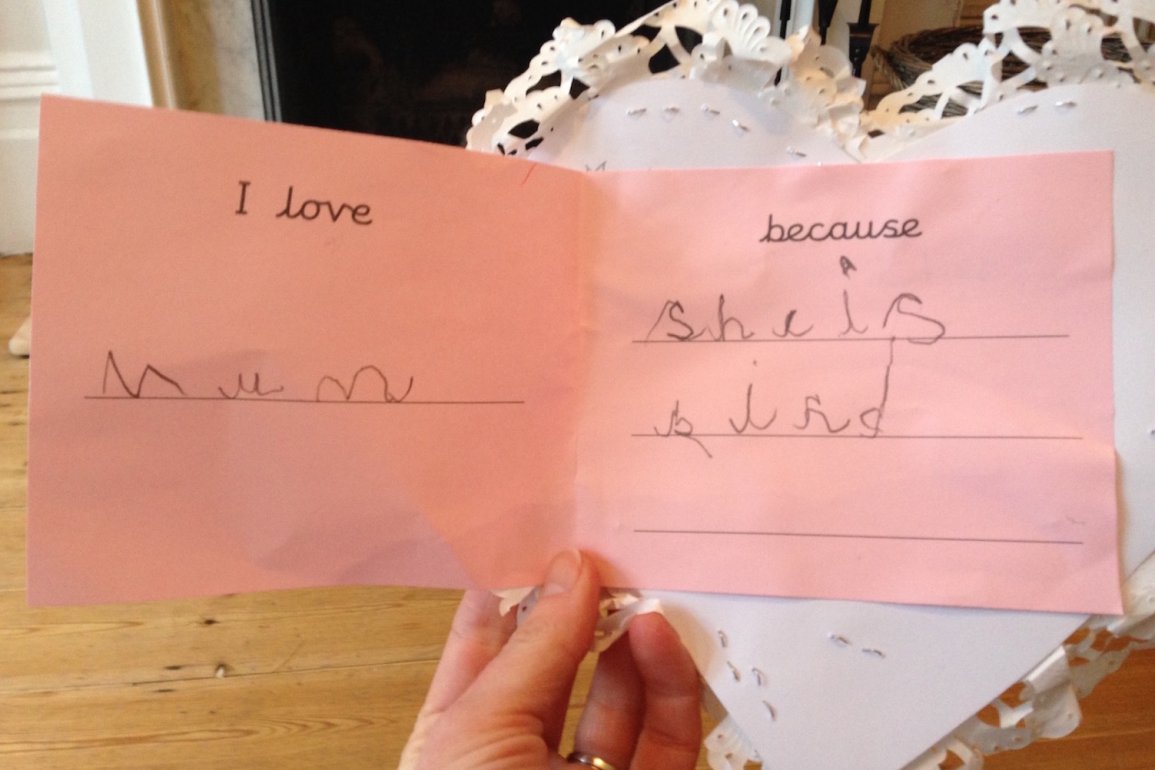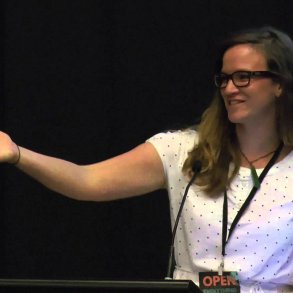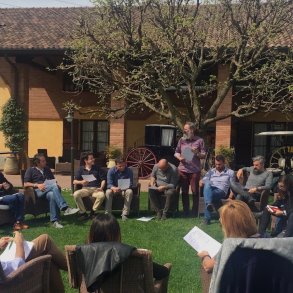By Celine McKeown for Enlivening Edge Magazine
I’m reading one of Bert Hellinger’s books, Acknowledging What Is: Conversations with Bert Hellinger, and he talks about people who have gravity in their soul. He says you can tell if people have it or not. He says that parents have it because of the undertaking they have of bringing up children, of being their parents for life. Farmers who get up before dawn to feed the cows have it.
Essentially, he attributes gravity of the soul to a sense of meaningful action in the world. He contrasts this with many people who he sees as ‘light-weight’ and goes on to be quite scathing of the esoteric whereby some seek to escape from the everyday realm into an exclusive space where they have secret knowledge that sets them apart from others. He talks about meditation being of value if it is grounded in action: meditating–for the sake of what? He’s not dissing meditation; as an ex-Jesuit priest, he knows a thing or two about it. Meditation to become empty, he says, is the opposite of collecting oneself, and he doesn’t meditate as a rule or a routine; he meditates when he needs to collect himself in preparation for some grounded action.
So what has this got to do with communities of practice?
It evokes the questions “What is our practice for? For the sake of what? Will there be any grounded outcome from our practice? How are we being of service to our selves or others through our community of practice? How by being part of a community of practice are we preparing ourselves for meaningful action in the world? If we are not asking ourselves these questions as we set out and as we go along, are we a true Community of Practice or are we just a community?”
Is my yoga class a community of practice? What about my writing group? What about Future Considerations, the organisation I am a member of? What are these things? Do they enable me to be of service, to take grounded action, to have gravity in the soul? In which communities am I genuinely practicing through grounded action in service of others?
Family as Community of Practice
Perhaps the most important community of practice that I am part of–and this is what Bert Hellinger seems to be suggesting is the case for all of us–is my family.
My family eco-system. It’s my primary community, and it’s where I can be of real and immediate service, to my children, to their children, and to those beyond. Our family eco-systems also go beyond time and extend to those who came before us.
In a family community, the practice is about being of service, by remaining grounded when we are triggered by that annoying thing that our mums, dad, child, spouse, do all the time, and finding the strength in the moment to find a different and more loving and constructive response. We’re not talking about the kind of grounded service that involves doing the weekly shopping, and emptying the dishwasher. That’s part of it, but beyond that, it is about having the self-awareness and strength to interrupt patterns within ourselves that have roots that go far deeper than ourselves. That’s what shifts our families from just being a community to being a community of practice where we can truly be of service of the whole. That’s definitely the kind of practice that calls for gravity in the soul.

Celine McKeown is founder of Do What Matters, helping people, teams and organisations rediscover success for a happier, more meaningful, and sustainable future. She is also a member of Future Considerations.




